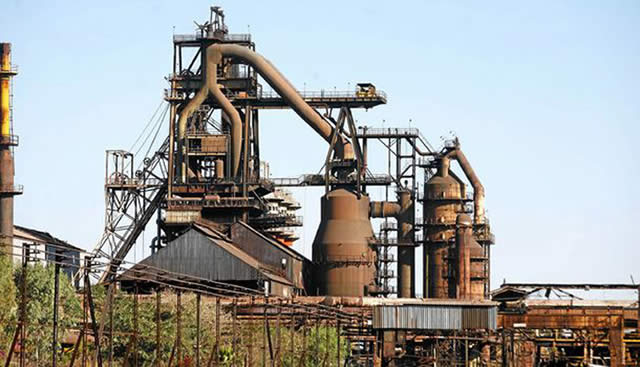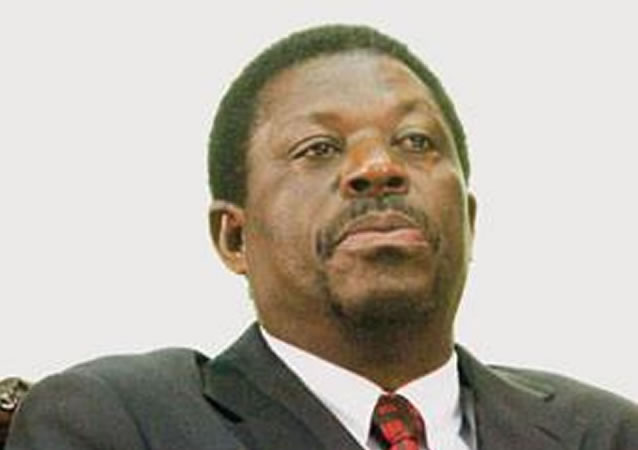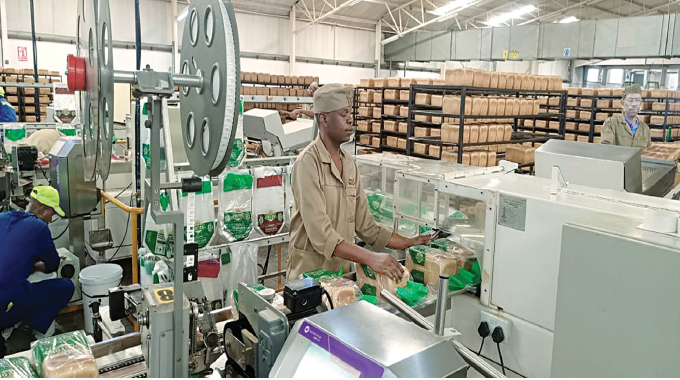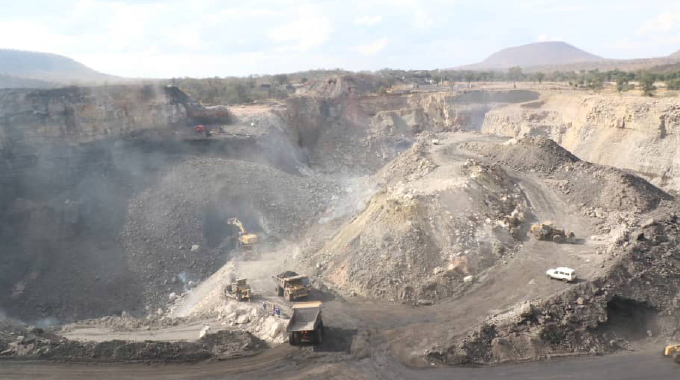Top Mangwe farmer reveals success formula

Zanu-PF Secretary for production and labour who is also Minister of Energy and Power Development, Cde Dzikamai Mavhaire (third from left) hands over a generator to best performing farmer in Mangwe District Mkhulunyelwa Nkomo and his wife Sizalobuhle Nkomo during an Agricultural Productivity Promotion field day recently, while Politburo member, Richard Ndlovu and Chief Wasi look on
Sukulwenkosi Dube Plumtree Correspondent
DESPITE the unfavourable rainfall patterns which have been affecting most farmers in Matabeleland South Province, Mkhulunyelwa Nkomo has managed to fully utilise the limited resources that he has to shape his own successful farming story. Nkomo has been recognised for his achievements in farming and was announced farmer of the year in Mangwe District and second best farmer in the province.
According to him, the secret to successful farming is having the appropriate knowledge.
He said he started off with 15 head of cattle in 2002 and it has now grown to over 600 cattle which he was breeding for trade.
“It’s unfortunate that a number of farmers do not have the required knowledge on how to maximise on their production. I’m an A1 farmer located in a resettlement area but this has not stopped me from producing better than large scale farmers,” said Nkomo.
He said people had to be equipped on the technique of farming. He said empowering farmers involved giving them space to produce and then advising them on how to produce.
Nkomo said this process involved educating people on proper methods of breeding livestock and tendering their crops.
“The kind of knowledge people need to know is that livestock breeding is a business on its own which has to be sustained. In cases where the rains are not good then a farmer has to sell a beast in order to buy feed for the rest of the herd,” said Nkomo.
He said people had to invest in their livestock. He said this process involved parting with some money to ensure that cattle were exposed to a proper breeding environment.
“I realised that it was better for me to part with a single beast to ensure that I could provide my herd with food instead of holding onto them and lose the entire herd to starvation,” he said.
Nkomo said the knowledge which he had acquired on proper breeding of cattle had helped him in developing and maintaining his herd.
He said he gave his bulls a bull conditioning feed which made them active thereby increasing the number of calves produced.
“This is a good way of maintaining a herd because this supplementary feed for the bulls keeps them fit and energetic. If there’re many cows versus the bull then it will mean the bull cannot perform as expected. With the feed it can withstand the pressure,” said Nkomo.
He said the feed for cattle differed as there was a specific one for grazing cattle and another made for breeding cattle.
He also pointed out that proper penning of livestock was important in managing a herd.
Nkomo said he had kraals for feeding his livestock (feedlots) and separate kraals for breeding. He also pointed out that he never penned a poorly performing beast together with the rest.
Nkomo said in addition to the cattle he had 96 pigs which had a weight which ranged from 70 to 75 kilogrammes. He said his target was to have increased this herd to 200 before year end.
He was awarded a generator and a voucher of 100 chicks for being the best farmer in crop and livestock farming. He managed to harvest 18 tonnes of maize, two tonnes of sorghum, half a tonne of groundnuts, half a tonne of round nuts as well as tomatoes and sweet potatoes. Nkomo said farmers situated in good livestock production areas were guaranteed of a livelihood as cattle had a good market.
Mangwe Rural District Council Chief Executive Officer, Nketha Mangoye Dlamini, said the performance by farmers such as Nkomo proved that people with land could sustain their families through farming activities.











Comments